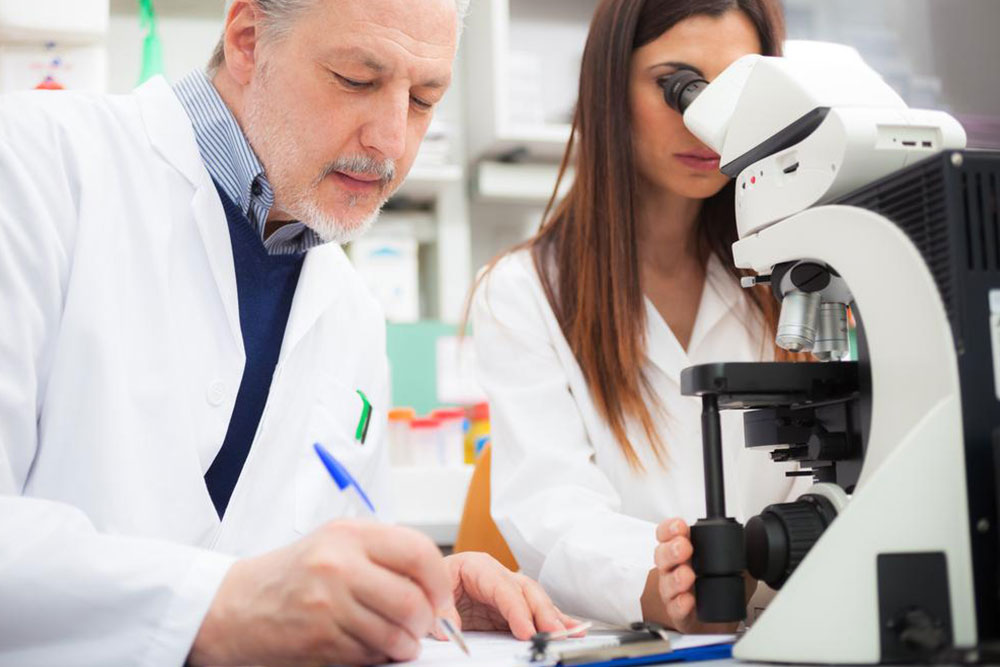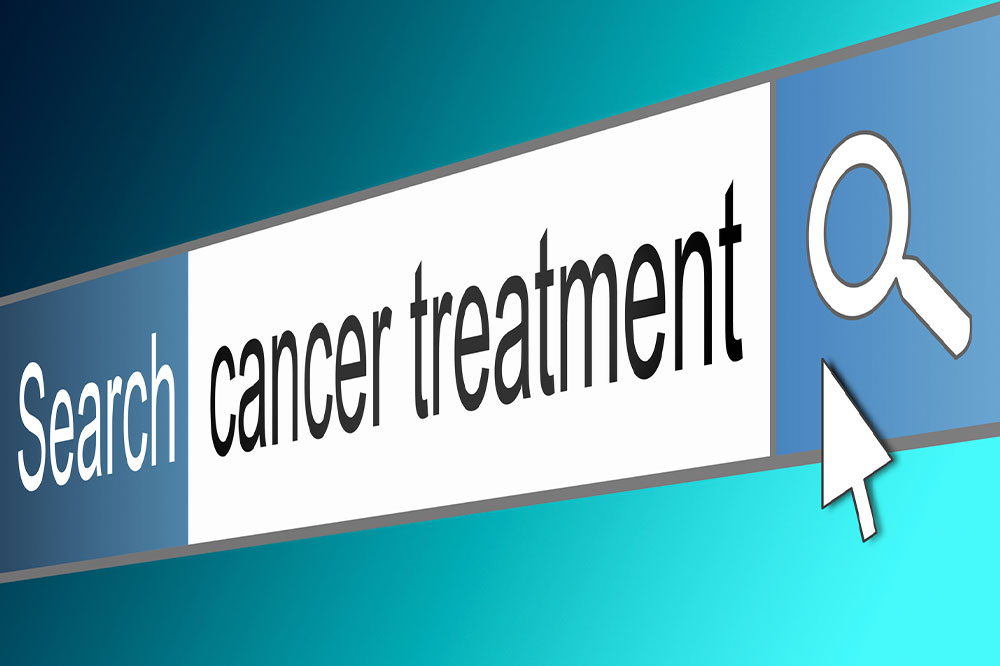Understanding Cancer: Symptoms and Treatment Strategies
Learn about the key symptoms of various cancers and the most effective treatment options available. Early detection and proper management significantly improve outcomes. Understand how lifestyle changes can aid in prevention and recovery from cancer. This guide offers valuable insights into recognizing signs and exploring treatment strategies for different types of cancer.

Understanding Cancer: Symptoms and Treatment Strategies
'Cancer' is a word that often instills fear because it's among the leading causes of death worldwide. According to reports from medical organizations like the WHO, cancer remains a prevalent and deadly disease globally. Symptoms vary depending on the type and location of the cancer, and effective treatment depends on early detection. Let’s explore common cancer symptoms and the available treatment options to better understand this complex disease.
Cancer Signs in Women: Cancer affects men and women differently, targeting various organs. Common female-specific cancers include breast and ovarian cancers. Signs may include breast dimpling, skin rashes, nipple bleeding, and noticeable lumps. Other symptoms include menstrual irregularities, severe abdominal pain, bloating, joint pain, weight loss, fatigue, loss of appetite, fever, and chills as the disease advances.
Cancer Indicators in Men: Men often experience symptoms like bone and joint pain, weakness, fatigue, poor appetite, nausea, vomiting, and weight loss. Specific cancers such as prostate cancer may lead to changes in sexual health, including decreased libido, premature ejaculation, or erectile dysfunction. Abdominal and back pain, along with urinary difficulties, are also common signs in male patients.
Available Cancer Treatments: Early diagnosis is crucial for effective treatment. Surgery is typically used to remove tumors and affected tissues. For blood cancers like leukemia, stem cell transplants are an option. Radiation therapy and chemotherapy are common post-surgery treatments aimed at preventing the resurgence of cancer cells.
Additional Approaches: Beyond conventional treatments, lifestyle modifications can boost recovery and reduce relapse risk. Quitting smoking and drinking, maintaining a healthy diet, and engaging in regular exercise play vital roles in cancer prevention and management.










